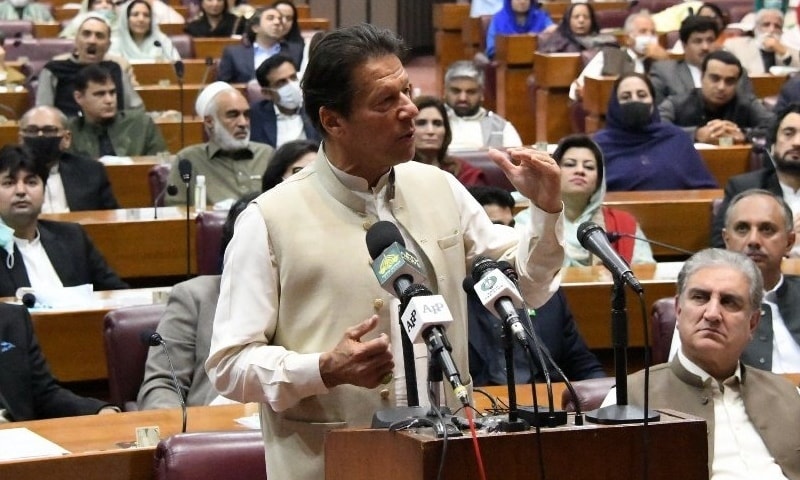Malala Yousafzai, the renowned Pakistani education activist and Nobel laureate, recently emphasized the importance of “free and fair elections” in Pakistan, urging all stakeholders to accept the results. Her statement comes amidst heightened political tensions and concerns regarding the democratic process in the country.
Yousafzai’s advocacy for free and fair elections underscores the fundamental principles of democracy and the need for transparency, accountability, and inclusivity in the electoral process. In Pakistan, where democracy has often been challenged by periods of military rule and allegations of electoral irregularities, her call carries significant weight.

SOURCE:- NEWS18
The statement also reflects Yousafzai’s longstanding commitment to democracy and human rights. Despite facing adversity and violence for her activism, she has remained steadfast in her belief in the power of education and democratic governance to bring about positive change in Pakistan and beyond.
SOURCE:- GLOBAL NEWS
Yousafzai’s emphasis on accepting the election results is particularly relevant in the context of recent controversies surrounding electoral integrity and political polarization in Pakistan. In the past, disputed election outcomes have led to protests, unrest, and challenges to the legitimacy of the government, undermining stability and progress in the country.
By urging all stakeholders to accept the results of the upcoming elections, Yousafzai is promoting the peaceful transfer of power and the consolidation of democratic institutions in Pakistan. Acceptance of election outcomes is essential for fostering political stability, national unity, and social cohesion, enabling the country to focus on addressing pressing challenges and advancing development goals.
Moreover, Yousafzai’s statement serves as a reminder to political leaders, parties, and institutions in Pakistan of their responsibility to uphold democratic norms and values. It calls for a commitment to electoral integrity, respect for the rule of law, and adherence to constitutional principles, regardless of partisan interests or personal agendas.
In the lead-up to the elections, Yousafzai’s message carries significant implications for the conduct of political actors, the role of the media, and the behavior of voters. It encourages transparency in the electoral process, promotes civic engagement and participation, and fosters a culture of accountability and trust in democratic institutions.
Furthermore, Yousafzai’s call for free and fair elections resonates not only within Pakistan but also in the broader international community. As a global advocate for education and women’s rights, her words amplify the universal values of democracy, justice, and equality, inspiring people around the world to uphold these principles in their own societies.
Malala Yousafzai’s assertion that Pakistan needs “free and fair elections” and that the results must be accepted underscores the fundamental importance of democracy, transparency, and accountability in the country’s political process. Her advocacy carries significant implications for Pakistan’s future trajectory and serves as a powerful reminder of the transformative potential of democratic governance in advancing peace, prosperity, and human rights.
Share your views in the comments

